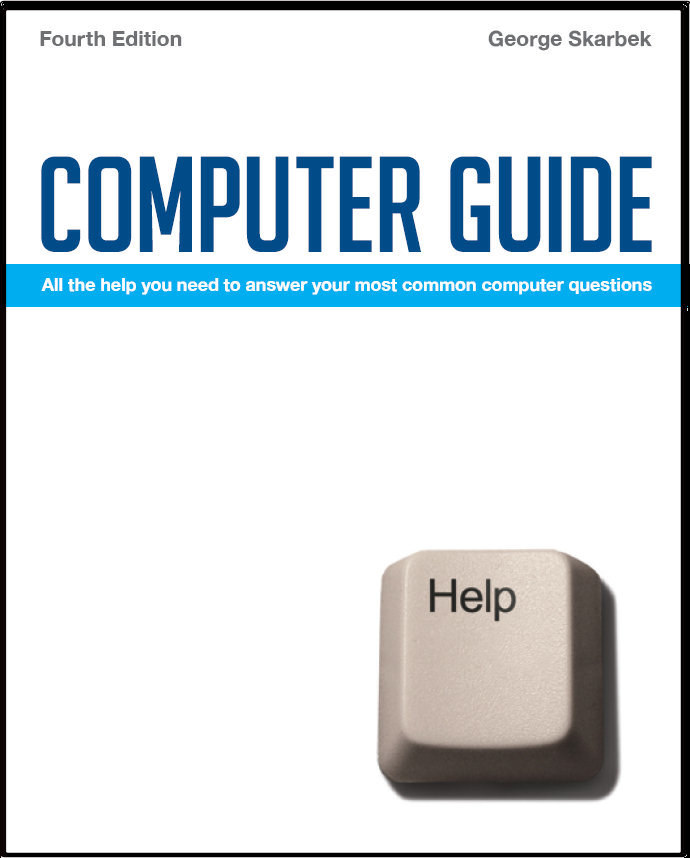

Click here to look at the e-book in PDF format, Computer Guide, based on these columns
What are the $NTUninstall files? Q: On searching for unwanted files to delete, I note that, in the C:\Windows folder, there are a large number of files of the general nature "$NTUninstallKB(6 digits)$", now numbering about 140 files. They vary in size from a few Kb to 7Mb or so (Size on Disc). Many of them appear to be associated with Windows updates. As these are "Uninstall" files, is it necessary to retain them as they must be taking up a lot of disc space? If they should be retained, can they be archived somewhere off the local disc drive? My Drive is partitioned into Local disc C: and F: drives and I have an external backup drive. B Messmer A: According to advice from a senior Microsoft developer these files should not be deleted. However, I asked that question shortly after XP was released and the underlying principle is the same even now. These uninstall files relate to security and other patches that have been automatically installed onto your computer and will be required in case you wish to roll back to some earlier point. If you are running short of disk space then there are several actions that you can take. The safest one is to compress these files. If they do not appear blue in Windows Explorer then highlight and right-click on these files, click on Properties, Advanced and select Compress contents to save disk space. As you are unlikely to go back to a 2005 or even a 2006 version, all early folders can be deleted. Caution; be careful not to delete $hf_mig$ which has the date of the latest update performed on your computer. The folder itself may have been created a long time ago but the contents keep changing and it will be used for future updates. Another method is to search all of the $NTUninstall folder for large files and delete all but the last couple of instances of the file. One such file may be shell32.dll which will occur often. However, clearing out the Temporary Internet Files from the IE cache will usually free up more space quickly and safely. This is done from IE, Tools, Internet Options. If you are really short of space then search the hard disk for *.tmp as these temporary files can be safely deleted. ## Can I just close the lid? Q: I have an Acer laptop running Windows XP. I have been told that I can shut down by just closing the lid or pressing the On/Off switch. However as it also has the normal Start > Turn Off Computer as is normal with Windows installations, could you confirm that it is OK to simply close the lid? S Morris A: Depending on the model of a laptop and how old it is, closing the lid will not switch it off but put it into a suspended state with the hard disk stopped, CPU slowed down, screen shut down, but the memory still active. This is also referred to a Sleep or Standby mode. The advantage of this mode is that when you lift the lid the computer is ready within a few seconds. If you had, say, Word open then that document will still be open and the cursor will be where you had last used it. Now for some bad news in case you are planning in closing the lid as a replacement for shutting down. Because the laptop is not fully shut down, it is still using some battery power to keep the memory active and the CPU just ticking away. Although in this mode the battery lasts for a very long time, over a week, depending on make, model and memory installed, but if not plugged into a charger the battery will be flattened and then it will be equivalent of pulling out the plug on a desktop that has programs running. There is a high risk of having corrupted files in such a case so do not just close the lid if you are not going to use the laptop within several days. Laptops and most new desktops have a Hibernate state (can be considered as deep sleep) where the contents of it memory are written to the hard disk and virtually all power is switched off. In this mode the battery will last much longer but not indefinitely. This will take longer to shut down and restart as more has to be written to disk and with 2+ GB of memory it may take close to normal shut down and re-start times.
|